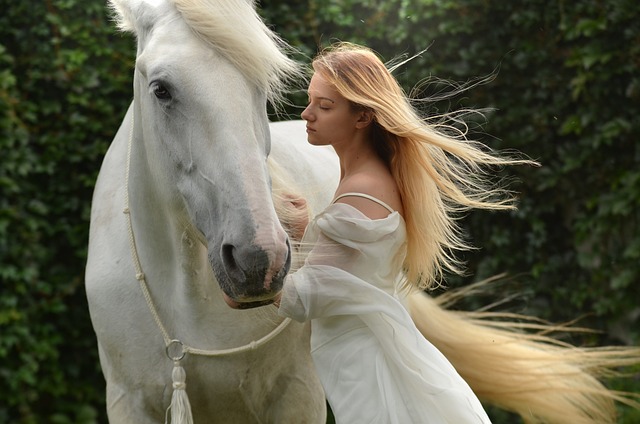Spis Treści
Why is Horse Racing for the Rich?
Horse racing has long been associated with wealth and luxury. From the opulent racecourses to the high-stakes betting, it is evident that horse racing is a sport predominantly enjoyed by the affluent. But why is horse racing for the rich? In this article, we will delve into the various factors that contribute to the exclusivity of horse racing and explore the reasons behind its association with the wealthy.
The Cost of Owning and Training Racehorses
One of the primary reasons why horse racing is considered a sport for the rich is the exorbitant cost associated with owning and training racehorses. Let’s take a closer look at the expenses involved:
- Purchase Price: Acquiring a racehorse can be a significant investment. The price of a racehorse can range from a few thousand dollars to millions, depending on factors such as pedigree, age, and racing potential.
- Training Fees: Once a horse is purchased, ongoing training fees need to be paid to professional trainers. These fees cover the cost of stabling, exercise, veterinary care, and other essential services.
- Transportation: Transporting racehorses to different racecourses can be expensive, especially if they need to be flown internationally.
- Entry Fees: To participate in races, owners must pay entry fees, which can vary depending on the prestige and level of the race.
These costs can quickly add up, making horse ownership a luxury that is out of reach for many.
Prize Money and Betting
While horse racing offers the potential for substantial prize money, the majority of these winnings are often concentrated among a select few. Here’s why:
- Higher Stakes Races: The most lucrative races, such as the Kentucky Derby or the Dubai World Cup, attract the best horses and offer substantial prize purses. However, these races are typically dominated by wealthy owners who can afford to invest in top-quality horses and hire renowned trainers.
- Betting Opportunities: Betting is an integral part of horse racing, and it provides an additional source of income for owners. However, the ability to place large bets and potentially win significant amounts of money is a luxury that is more accessible to the wealthy.
While there are smaller races with lower prize money, the allure of the big races and the potential for substantial returns make horse racing a sport that favors the rich.
Exclusive Social Circles and Networking
Horse racing is not just about the sport itself; it is also a social event that attracts the elite. Here’s how the exclusive social circles surrounding horse racing contribute to its association with the wealthy:
- Private Memberships: Many prestigious racecourses offer private memberships that provide exclusive access to luxurious facilities, private boxes, and VIP areas. These memberships often come with a hefty price tag, further reinforcing the perception that horse racing is for the rich.
- Networking Opportunities: Horse racing events provide a platform for networking and socializing with like-minded individuals. The wealthy often use these events to build connections, discuss business ventures, and engage in high-stakes betting.
- Social Status: Owning racehorses and participating in high-profile races can elevate one’s social status. The association with wealth and luxury further enhances the appeal of horse racing among the affluent.
These social aspects of horse racing create an environment that is exclusive and attractive to the rich.
Historical Context and Tradition
The association between horse racing and the wealthy can be traced back to its historical roots. Horse racing has a long-standing tradition of being a sport for the aristocracy and upper classes. Here’s why:
- Origins in Aristocratic Society: Horse racing originated in ancient civilizations and was often associated with the ruling classes. The sport was a display of wealth, power, and social standing.
- Legacy of Prestigious Races: Over the centuries, certain races have gained immense prestige and have become synonymous with wealth and exclusivity. These races, such as the Royal Ascot in the UK or the Prix de l’Arc de Triomphe in France, continue to attract the wealthy and maintain their elitist reputation.
- Tradition and Heritage: Horse racing is steeped in tradition, and many wealthy families have been involved in the sport for generations. The legacy and heritage associated with horse racing make it an attractive pursuit for those seeking to uphold their family’s traditions.
The historical context and tradition surrounding horse racing have contributed to its perception as a sport for the rich.
Conclusion
In conclusion, horse racing’s association with the wealthy can be attributed to a combination of factors. The high costs of owning and training racehorses, the concentration of prize money among a select few, the exclusive social circles and networking opportunities, and the historical context and tradition all contribute to the perception that horse racing is a sport for the rich. While efforts have been made to make the sport more accessible and inclusive, the allure of luxury and exclusivity continues to be an integral part of horse racing’s appeal.



















